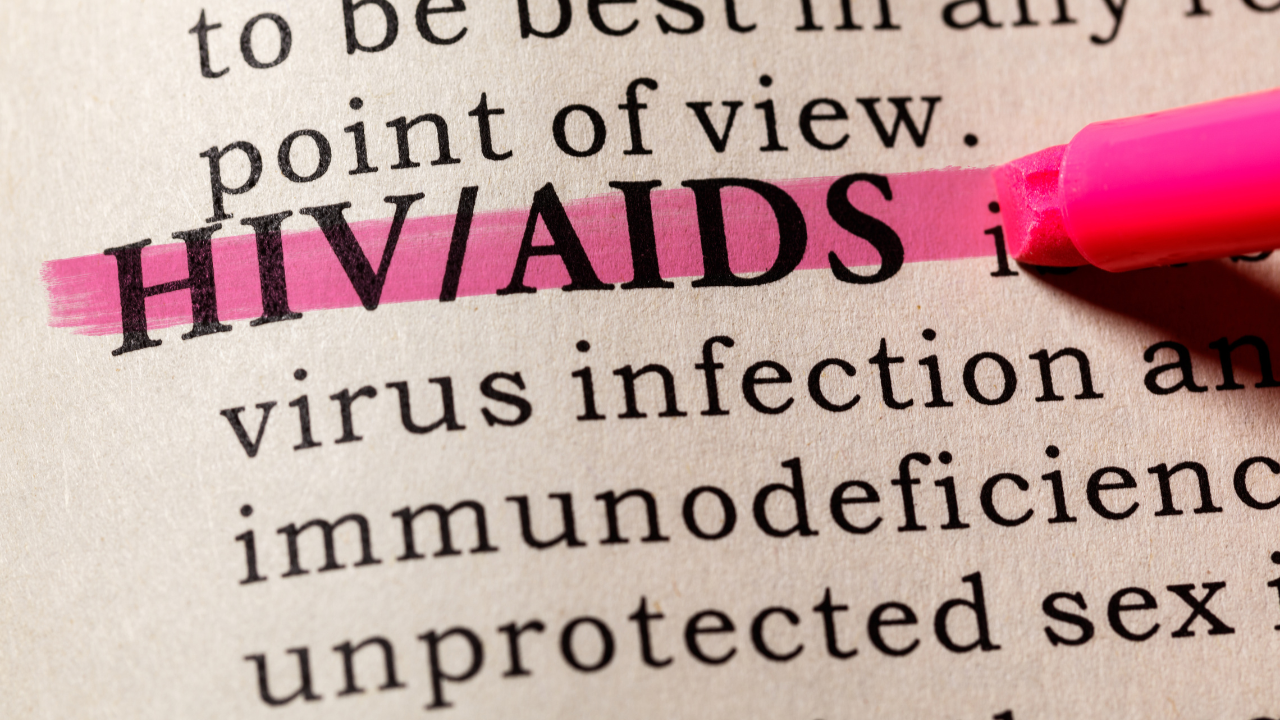HIV/AIDS Awareness: How Do You Get the Virus

Although one of the prevalent diseases of the 20th century, many misconceptions about how you get HIV or AIDS still exists. First and foremost, you can’t just “catch” the disease. For instance, the sneeze of an infected person is not contagious. HIV is transmitted through direct contact with certain bodily fluids, of someone infected with the virus. Examples are:
- Blood
- Semen
- Vaginal fluid and secretions
- Breast milk
When Does HIV Become AIDS? There are 3 stages of HIV:
Acute Infection Stage. Within about a month after contracting HIV, a person may experience significant flu-like symptoms such as high fever, aches and pains, fatigue and rashes. This is described as “Primary HIV infection” or “acute retroviral syndrome” (ARS) and is the result of the body’s immune system trying to fight off the disease. At this stage large numbers of the immune system’s white blood cells- called CD4 cells are destroyed by the virus. A “viral set point” is reached when the body stabilizes and some – but not all – of the CD4 cells return.
Clinical Latency Stage. At this stage, a person infected by the virus but is no longer suffer from any symptoms. Note, the person is infected, but just not symptomatic and the virus continues to replicate. If Highly Active Anti-retroviral therapy (HAART) is instituted, the infection can be managed for decades with ART (antiretroviral therapy). Untreated, an individual may live for up to a decade, but will eventually get to the AIDS stage of the disease.
AIDS. When left untreated, HIV can evolve into AIDS. According to the Centers for Disease Control (CDC), AIDS is defined as a CD4 count below 200, or CD4 T cell lymphocyte below 15% or the development of an AIDS defining illness such as Pneumocystis Jiroveci pneumonia, Kaposi sarcoma, Toxoplasmosis etc. which typically occur with very low CD4 counts. At this point, the immune system is so badly damaged and compromised that an individual’s body is incredibly vulnerable to infections and diseases with little ability to defend itself. These opportunistic infections are responsible for the deaths associated with AIDS.
Activities that Put You at Risk. If and how you get HIV depends on whether you engage in, or are exposed to some of the following:
- Sexual contact (vaginal, anal and/or oral sex)
- Direct blood contact (sharing injection needles)
- Blood transfusions (though extremely rare)
- Mother to baby (this can be before birth or through a mother’s breast milk)
The key to preventing the spread of this virus is to act responsibly. This means protecting yourself when having sex with any unknown and untested individuals (i.e. using latex condoms) and not sharing injection needles. If you suspect that you may have contracted the virus, testing and counseling is available at most doctor’s offices and hospitals. Other community sites are available that specialize in HIV testing and counseling.
If you are concerned that you may have been exposed to HIV. Seek counseling and testing from a health care professional or visit your local health department for more information.
If left untreated, infection with the human immunodeficiency virus (HIV) can evolve into acquired immunodeficiency syndrome or AIDS.

